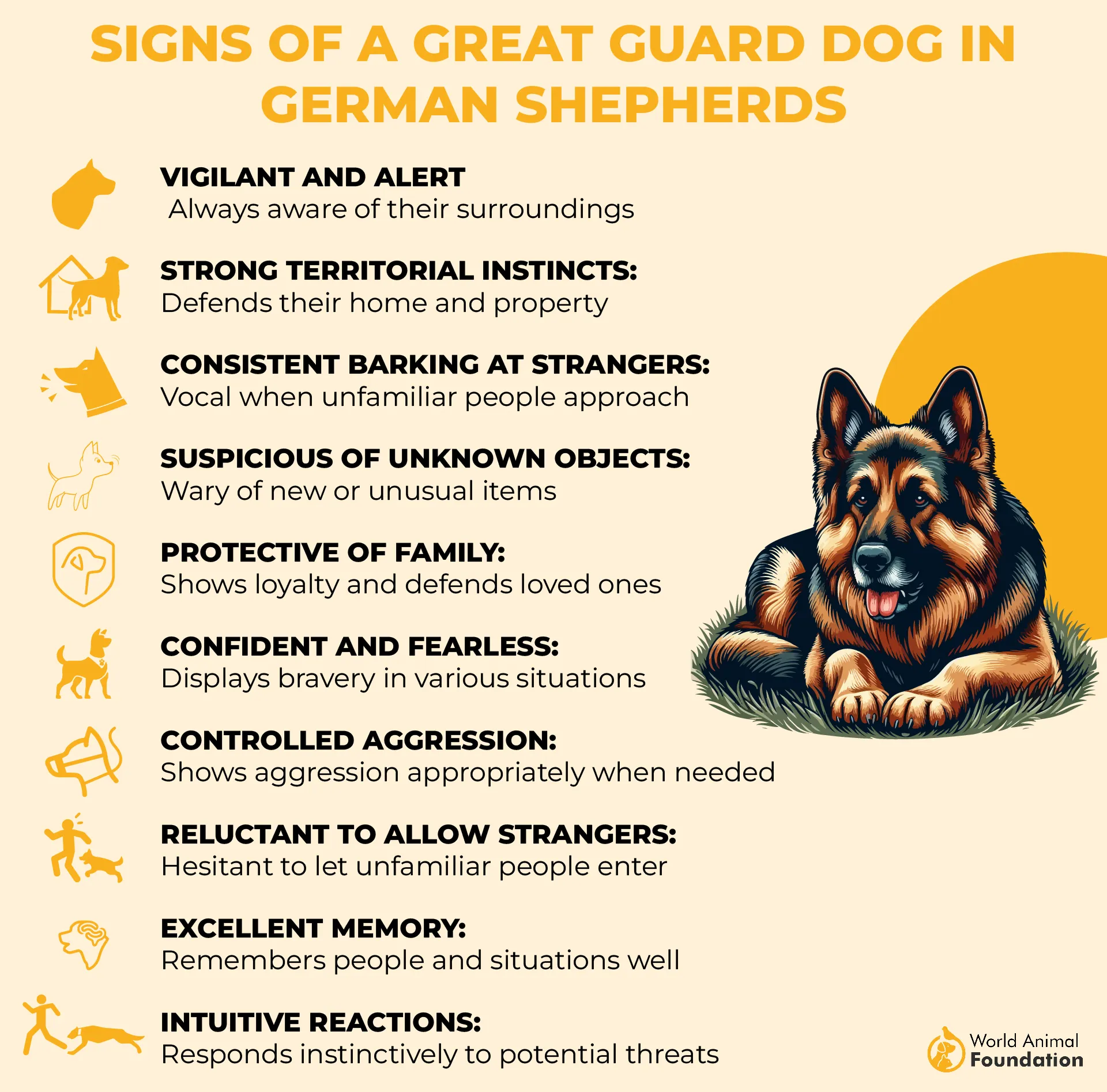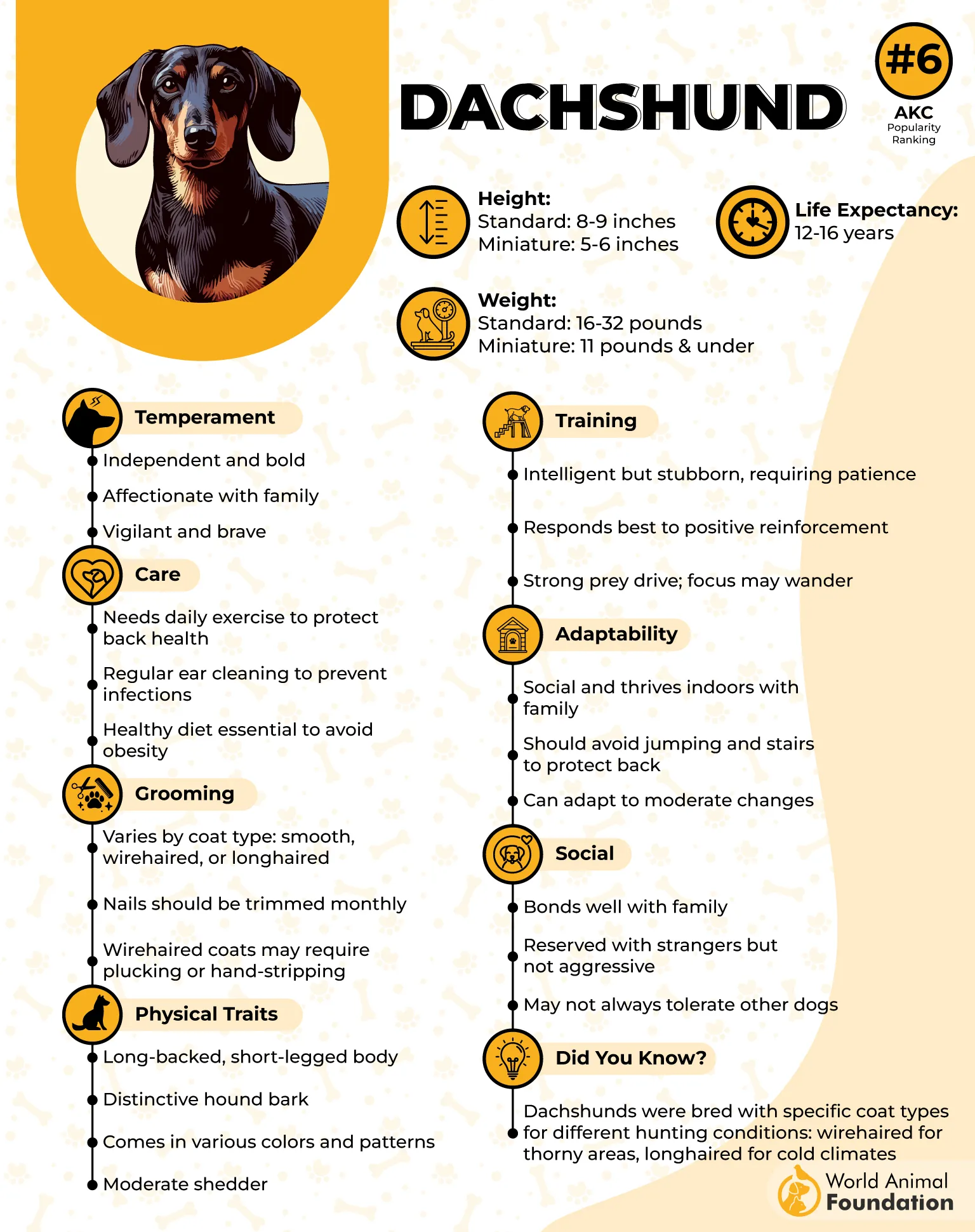Ever wondered why some dogs just love to bark? You’re not alone. Some dog breeds seem to think they’re neighborhood security guards, while others act like they’re narrating a podcast 24/7. These high-barking dog breeds are vocal, alert, and, let’s be honest, a little dramatic sometimes.
But hey, barking isn’t always bad. It can mean your pup is excited, scared, or just wants your attention. Let’s dive into the world of loudest dog breeds and meet the ones that really know how to use those vocal cords.
High Barking Dog Breeds
1. Beagle
Beagles are small hounds, but their voices are anything but tiny. As scent hounds, they were originally bred as hunting dogs with their howls. That strong instinct makes them prone to frequent barking, even during play. They’ll bark at other animals, strangers, and sometimes even their own shadow. Training helps, but their vocal cords are naturally active, especially when bored.
Beagles are incredibly alert and often act as excellent watchdogs. As per Hillspet, beagles top the list for excessive barking. While not aggressive, their loud bark can still startle potential threats. They’re known for a unique bark called a “bay,” which is almost musical, but loud. Because they were meant to hunt in packs, they also howl when left alone. If you have other pets or live in an apartment, their noise might not be ideal.
Despite their small size, their sound can rival large dogs with a deep bark. Beagles are playful and energetic, and barking is how they express themselves. Their booming voices travel far, making them one of the loudest dog breeds. They’re alert hunters who react to every little sound or movement. Keeping them mentally stimulated helps reduce unnecessary barking.
Beagles bark a lot to communicate excitement, anxiety, or even boredom. With consistent training, they can learn when to bark and when to hush. Still, don’t expect complete silence—barking is just in their blood. Many small breeds like beagles share this loud trait due to their hunting roots.
Living with a beagle means accepting some noise as part of the deal. They’re loving, loyal, and great family pets—but not quiet roommates. If you love a dog with a personality as big as their voice, a beagle fits perfectly. They might be small dogs, but they sure know how to be heard. With early socialization and training, you can manage their vocal habits well.
2. German Shepherd
German Shepherds are natural protectors, and barking is one of their primary tools to guard their home and family. With a sharp sense of hearing, they quickly react to unfamiliar sounds or movements. This high level of alertness makes them excellent watchdogs—but also frequent barkers. Whether it’s a stranger or a harmless passerby, they’re quick to sound the alarm as if to say, “I’m watching you.”

As one of the most intelligent dog breeds, German Shepherds typically bark for a reason rather than out of boredom—unless they’re left without mental or physical stimulation. They might bark to express excitement, anxiety, or to get your attention. Because they thrive on having a purpose, they need regular tasks like agility training, guarding, or fetch games. Giving them these “jobs” helps reduce unnecessary barking and keeps their minds engaged.
Their bark is deep and loud, which makes them ideal military or police dogs. However, in a home setting, this strong vocal nature can become overwhelming without proper training. Early socialization is key to teaching them what a real threat is and what isn’t. Without it, they might bark at every mail delivery, car door, or unfamiliar sound.
German Shepherds also tend to bark more when they’re left alone for long periods. They’re deeply bonded with their humans and don’t handle isolation well. When their emotional needs aren’t met, barking can become their way of coping with stress or loneliness. That’s why they’re better suited for homes where someone is usually around to provide companionship, playtime, and daily walks.
With the right training and structure, German Shepherds can be taught to bark only when necessary. Still, you should expect some level of vocalization—it’s simply part of their nature. They’re loyal, intelligent, and fiercely protective companions, but definitely not the quiet type. If you’re looking for a smart and alert dog who’s always on duty, a German Shepherd might be the perfect match—just don’t expect a silent roommate.
3. Border Collie
Border Collies are working dogs with unmatched energy. According to PetMD, the biggest Border Collie personality trait is their nonstop energy. They were bred to herd sheep, often using barking as part of their skillset. That instinct still shows—even if they’re just herding kids in the backyard. They tend to bark when they’re focused, excited, or under-stimulated. Without mental challenges, they’ll create their own reasons to bark.
These dogs are always alert, often barking at birds, bikes, or rustling leaves. Anything unusual in their environment can set off their barking. They see it as part of their job to control, organize, and alert. Their high sensitivity means they don’t miss a thing. That’s a plus for activity, but a minus for quiet homes.
Because they’re so smart, Border Collies respond well to training. They can learn commands quickly and adjust their barking habits. However, if not mentally challenged, boredom turns into loud behavior. Puzzle toys, agility games, and daily walks are a must.
They’re not aggressive, but their bark can be sharp and repetitive. Often, they’ll bark in short bursts to direct attention or herd something. Even during play, they might bark to communicate excitement. While it’s not a deep bark, it’s persistent and noticeable. Perfect for farms—not so much for quiet neighborhoods.
If you can match their energy and keep them engaged, barking is manageable. They thrive in active homes with plenty of interaction and movement. Left alone or unstimulated, they’ll bark out of pure frustration. So, if you’re not an active person, they might overwhelm you. Border Collies are brilliant—but vocal—companions.
4. Shetland Sheepdog

Shetland Sheepdogs, or Shelties, are tiny herders with big voices. Originally bred to herd livestock, barking was an essential part of their daily duties, and even today, they use their voice to alert, control, and interact with their environment. This herding instinct is still very much present at home, where barking remains a dominant characteristic. As one of the most vocal small dog breeds, Shelties are known for their constant chatter.
Shelties are quick to bark at strangers, sudden noises, or any changes in their routine. They are cautious and observant, always reacting to their environment. Even something as simple as a leaf blowing across the yard may trigger a bark. Their natural alertness makes them excellent watchdogs, but it also means they tend to bark more than some owners might expect, especially when something feels out of place.

Excitement is another trigger for barking in Shelties. Whether it’s playtime or seeing their favorite person, they express their excitement through high-pitched, quick barks. Despite their small size, their bark can be surprisingly loud and carries well both indoors and outdoors. Additionally, they may bark to herd children or other pets, true to their herding roots. While training can help manage their barking, it’s important to remember that some level of vocalization is just part of who they are.
Shelties are highly intelligent and eager to please, which makes them relatively easy to train. You can teach them commands like “quiet” or “enough,” which can help manage their barking. They thrive on structure and routine, which also helps reduce reactive barking. However, they still require daily mental and physical activity. Without proper exercise and stimulation, expect them to resort to barking as a way to alleviate boredom.
If you’re okay with a vocal but gentle companion, Shelties are a great choice. They are affectionate, loyal, and love being involved in family life. While their barking can be controlled with proper training, it’s unlikely to disappear entirely. Shelties are communicative dogs that enjoy “talking” things out, so be prepared for plenty of conversation and vocal interactions!
5. Dachshund

Dachshunds may be small in size, but their bark is big and strong. Originally bred to hunt badgers, they have bold personalities and a loud voice. They instinctively use barking to alert, express themselves, or even challenge bigger animals. Even today, they bark out of habit, with instinct driving their vocalization. For such a short dog, they have a surprisingly big sound.
Dachshunds are naturally suspicious of strangers and protective of their humans. You’ll often find them barking at people, animals, or new sounds. Their watchdog instincts are strong, despite their small size, making them louder than you might expect, especially in new or busy environments. Early training is important to help prevent them from overreacting to every unfamiliar sight or sound.

Boredom can also be a trigger for excessive barking in Dachshunds. If they don’t get enough mental stimulation, they’ll quickly resort to barking to entertain themselves. Activities like scent games or interactive toys are essential to keep them engaged. Dachshunds are clever and playful, but they also have a headstrong streak, which means they may ignore your “quiet” command unless they’ve had proper training.
Even during play, Dachshunds bark to show excitement or to compete for attention. This can become overwhelming if not managed early on. Their bark is high-pitched and persistent, often echoing through the house, which can be problematic in an apartment setting. But in the right home, where they’re well-trained, they’re lively, fun, and full of personality.
Despite their tendency to bark, Dachshunds are affectionate and lovable. They form strong bonds with their families and love being involved in the action. If you’re okay with a vocal companion and are willing to put in the training, they can be wonderful pets. They’ll bark, of course, but they’ll also cuddle and be your loyal, playful friend.
6. Miniature Pinscher

Miniature Pinschers, often called “Min Pins,” are known for their fearless attitude and loud bark. Though small in size, they act like guard dogs and bark at even the slightest unfamiliar sound. Naturally alert, Min Pins are always on high alert, especially when they’re in new environments. This makes them great watchdogs, but also means they bark frequently. They don’t miss much, and they’ll certainly let you know about it.
Min Pins are full of energy and excitement, and they often bark when they can’t release that energy. If they’re cooped up for too long without enough physical activity or stimulation, their energy transforms into noisy behavior. They love to chase, explore, and stay busy throughout the day. If they don’t have an outlet, barking becomes their way of entertaining themselves. A tired Min Pin is a much quieter one.
They also bark to demand attention or express their needs. Whether it’s asking for playtime, food, or a trip outside, they’re not shy about vocalizing their desires. This behavior can escalate if they learn that barking gets them what they want. Early training and consistency are crucial to reduce these attention-seeking barks.

Even during play, Min Pins bark out of sheer joy and excitement. They are animated and dramatic, often making more noise than necessary. Their sharp, fast bark can be heard from across the house, making them a challenge in apartment settings if not properly trained. With sound training and socialization, you can tone down their volume and manage their behavior.
Despite their loudness, Min Pins are loving and full of personality. They’re brave, loyal, and adore being with their humans. While they’re not naturally quiet dogs, with proper structure, daily activity, and patience, barking can be kept under control. Min Pins may be small, but their voices are anything but small!
7. Chihuahua

Chihuahuas are small but mighty when it comes to barking. Despite their tiny size, they are known for their loud and frequent barks. As per Purina, Chihuahuas are often described as tiny Napoleons. These little dogs tend to bark at anything and everything, especially if they sense something unfamiliar or unusual. Whether it’s a passing car or a visitor at the door, Chihuahuas will make sure to let everyone know they’re on alert.
One of the main reasons Chihuahuas bark so much is their excitement. They often get vocal during playtime or when greeting their owners. Their enthusiasm is contagious, and their barks are part of the joyful energy they exude. Whether they’re playing with toys or waiting for their daily walk, Chihuahuas express their happiness through high-pitched barks. This is their way of saying, “I’m excited, and I want you to know it!”

However, Chihuahuas can also bark when they feel threatened or insecure. Being small, they sometimes perceive larger dogs or strangers as a threat and bark to defend their space. This protective instinct is natural, as they are quick to alert their owners to anything they think could be dangerous. Even though they may not be able to physically protect themselves against bigger animals, their bark is their way of trying to ward off anything they see as a potential threat.
Another reason for the frequent barking is Chihuahuas’ desire for attention. These dogs crave interaction and love to be the center of attention. If they want something—whether it’s food, affection, or simply to be noticed—they will bark until they get what they want. Their owners can find themselves being barked at when it’s time for dinner, a walk, or simply when the Chihuahua wants to be picked up.
Despite their tendency to bark a lot, Chihuahuas are loving and loyal companions. They are incredibly devoted to their owners and often form strong bonds with them. While their barking might be loud, it’s often a reflection of their vibrant personality and affection. With proper training and attention, their barking can be kept under control, but it’s important to accept that a little noise comes with the territory. If you’re ready to handle their vocal nature, a Chihuahua can be a fantastic, loyal, and loving pet.
Conclusion
In conclusion, while these vocal dog breeds tend to bark excessively, they bring unique charm and personality to any home. Whether it’s a booming bark or a quick alert, these dogs are never shy to speak up. From herding dog breeds to the noisiest dogs like Beagles and German Shepherds, their barking often reflects their excitement and loyalty. While dogs bark to communicate, some breeds may bark excessively without proper outlets.
With the right training, mental stimulation, and structure, you can manage their barking habits. These dogs thrive on purpose and attention. Even though they aren’t the quietest companions, their affectionate hearts and strong protective nature make them worth it.
Have a favorite among these vocal pups? Or tips to share? Let us know in the comments below—we’d love to hear from you!


